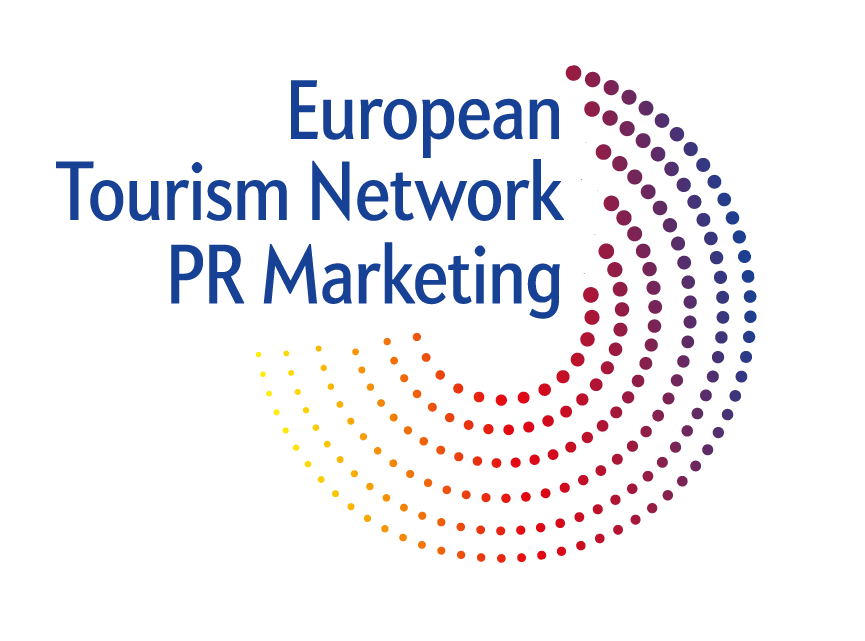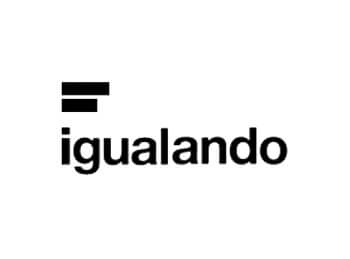COVID-19 pandemic has indubitably forced a change of paradigm regarding the organization of work environment. According to Eurostat data, before 2019 just around 5% of Europeans worked from home regularly, a figure that had not changed as much since 2009. However, pandemic circumstances produced an unexpected growth and acceleration rising the figure to an average of 12.3% in 2021.
However, not all Europe responded equally. Northern countries were traditionally more adapted to remote work, so this trend has only continued to pull Finland at the top of the list of smart workers in EU Member States, with 25.1% of employed people usually working remotely in 2020, according to data from a Eurostat survey. Luxembourg (23.1%) and Ireland (21.5%) follow in the ranking. On the opposite side, there stand the Eastern Europe countries. Bulgaria (1.2%), Romania (2.5%), Croatia (3.1%) and Hungary (3.6%) reported the lower rates in Europe.
Why this gap? The reason can be attached to different circumstances: diverse digital tools and skills implementation within the professional organisations, the ability of job positions to teleworking or even cultural differences at the workplaces, “with a more traditional inclination in southern Europe”, as the EU’s in-house researcher, Xabier Goenaga, affirms.
Despite the differences between European countries, what the experts confirm is the persistence of hybrid models of teleworking from now on, combining a few days a week of remote work with physical presence at the office. In that sense, a study performed by the American McKinsey Global Institute in 2020 affirmed that “more than 20 percent of the workforce could work remotely three to five days a week as effectively as they could if working from an office”. Productivity has been precisely one of the main concerns during the high-speed adaptation to the new reality. In this regard, the same study pointed out how 41% of the employees surveyed said they were more productive working remotely than in the office. In addition, other benefits of smart working have been recognized such as more personal life conciliation due to flexible schedules, improvement of sustainability with the reduction of commuting and transportation impact or better regional distribution of jobs, giving more options to access high-paying jobs in other areas outside big urban capitals.
But it would be naïve to focus just on the benefits and forget the challenges smart working presents. The adjustment of online work processes, with an impact on both professional and personal life, has been considerable.
Starting with the updating of management protocols, the use of new work digital tools, or the change in the employees’ interrelationship, not to mention the accommodation of new workspaces. Even less negligible is the immersion in new technologies and computer skills which have become an essential requirement for the majority of jobs.
Considering this scenario, Working Smart Erasmus+project is presented as a response from EU authorities to drive the train and empower the novel Smart Working Managers/Advisors and European MSMEs, supporting them in the acquisition of digital and entrepreneurial competencies. To this aim, the partnership composed of 6 European organisations from 5 Member States (France, Italy, Greece, Slovenia and Spain) is working to upskill HR staff, managers and company owners, enabling decisive employees to design the smart-working processes inside public and private structures, helping them to understand the benefits of distance working and coaching them for smart working management. A training program will be developed during the project, building bridges between the business and education worlds, and giving the chance to access necessary skills adapted to today’s professional environment in 6 different languages and accessible free of charge.
The benefits of smart working are clear, we just need to face its challenges and adapt to them. In this way, we will be capable not just to fit in future professional requirements but overcoming emergencies or successive destabilizing situations that can come through due to the so-called permacrisis, as we are living nowadays.
Inmedia is partner of Working Smart Erasmus+ (2021 -2023)





